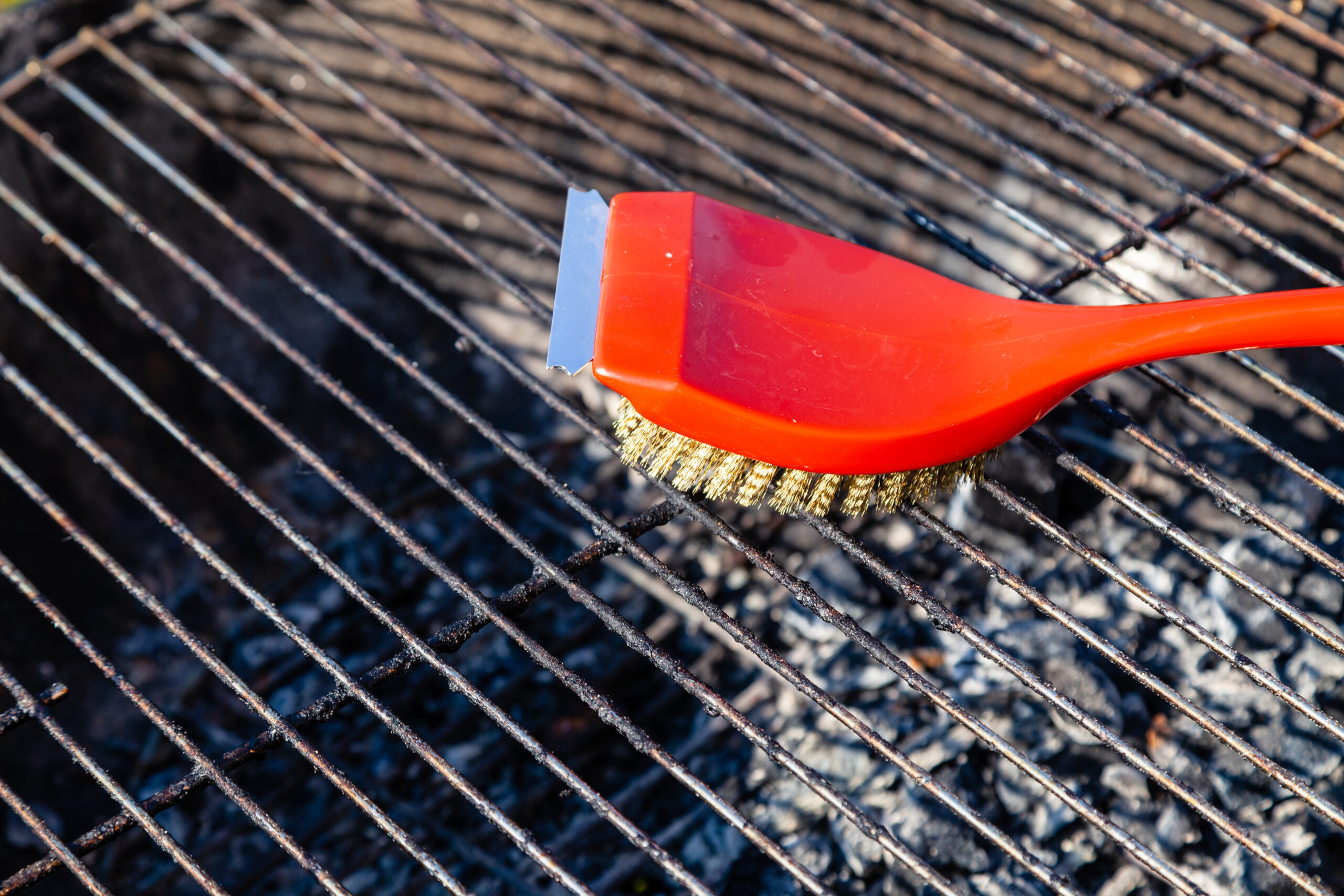- ACTIVITIES
118 Very Best Truth or Dare Questions


Grill enthusiasts know that maintaining clean grill grates is essential for ensuring delicious meals and prolonging the life of their grills. Over time, grates accumulate grease, burnt food, and carbon deposits that can affect the flavor of your food and pose potential health hazards. Fortunately, with the right tools and techniques, cleaning grill grates can be a straightforward process that leaves your grill ready for the next cookout. This article will explore various methods and tools for keeping your grill grates in top condition, along with historical insights and practical tips for every type of grate material.
A successful grill grate cleaning requires the right tools. A comprehensive list of tools for cleaning grill grates includes grill brushes, scrapers, sponges, and cleaning solutions. Each tool serves a unique purpose and contributes to a thorough cleaning process.
Grill brushes are indispensable for scrubbing off stubborn residues. Opt for brushes with brass or stainless steel bristles for durability. Scrapers, often attached to the brush handle, help remove tough, stuck-on deposits.
Heavy-duty sponges and non-toxic cleaning solutions are perfect for the final touch. They ensure your grates are free from any chemical residues that could affect food safety.

Understanding the historical context of grill maintenance provides insights into traditional methods that have stood the test of time. Before modern cleaning tools, grillers relied on natural materials and simple techniques to keep their equipment clean.
One popular historical method involved using a mixture of vinegar and salt. This natural concoction was applied to the grates, left to sit, and then scrubbed off with a wire brush. The acidity of the vinegar effectively broke down grease, while the salt acted as an abrasive.
Baking soda is a versatile cleaning agent that has become a staple in modern grill maintenance. Here is a step-by-step method for cleaning grill grates using baking soda:
Begin by removing the grates from the grill and placing them on a flat surface. Prepare a paste by mixing baking soda with a small amount of water until it reaches a spreadable consistency.
Apply the baking soda paste generously over the grates. Ensure that all areas, especially those with heavy buildup, are covered. Let the paste sit for at least 20 minutes to allow the baking soda to break down the grime.
Use a grill brush or sponge to scrub the grates thoroughly. Rinse with warm water to remove any remaining residue. Repeat the process if necessary for heavily soiled grates.
Grill brushes are essential tools in the cleaning arsenal. They come in various shapes and sizes, each designed for specific types of grates and cleaning needs. Regular use of a grill brush prevents the buildup of food particles and extends the life of the grill.
When choosing a grill brush, consider the material of your grill grates. Stainless steel bristles are suitable for cast iron and stainless steel grates, while brass bristles are ideal for porcelain-coated grates to prevent damage.
The choice between cast iron and stainless steel grates often depends on personal preference and cooking style. However, each material has unique cleaning requirements and benefits.
Cast iron grates are known for their superior heat retention and ability to create excellent sear marks. They require regular seasoning with oil to prevent rust and maintain their non-stick properties. Cleaning cast iron involves gentle scrubbing with a brush and periodic re-seasoning.
Stainless steel grates are rust-resistant and easier to clean than cast iron. They can withstand vigorous scrubbing and do not require seasoning. However, they may not retain heat as well, affecting cooking performance.
Aluminum foil is a versatile tool for grill grate cleaning. It can be used to create a makeshift scrubber or as a protective layer during cooking to minimize cleanup afterward.
Ball up a sheet of aluminum foil and use it as a scrubber to remove light residue from grill grates. The foil’s texture is effective for scrubbing without damaging the surface.
Place a sheet of aluminum foil over the grates before cooking. This method prevents food from sticking and reduces the amount of cleaning required post-cooking.
Safety precautions during the cleaning process are crucial to prevent accidents and ensure a safe grilling environment. Always ensure the grill is completely cool before beginning any cleaning to avoid burns.
Use gloves to protect your hands from sharp edges and cleaning chemicals. Ensure that cleaning products are food-safe and free from harmful chemicals that could contaminate your food.
Maintaining clean grill grates involves both time and financial considerations. Generally, a thorough cleaning session can take between 30 to 60 minutes, depending on the level of buildup and the method used.
In terms of cost, basic cleaning supplies such as brushes, baking soda, and vinegar are relatively inexpensive. Investing in a high-quality grill brush may involve a higher upfront cost but pays off in longevity and effectiveness.
By understanding the various methods and tools available, grill enthusiasts can keep their grill grates in pristine condition, ensuring that every meal cooked is as delicious and safe as possible. Regular maintenance not only enhances the flavor of your grilled dishes but also extends the life of your grill, making it a worthwhile investment for any grilling aficionado.